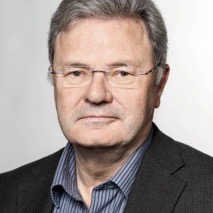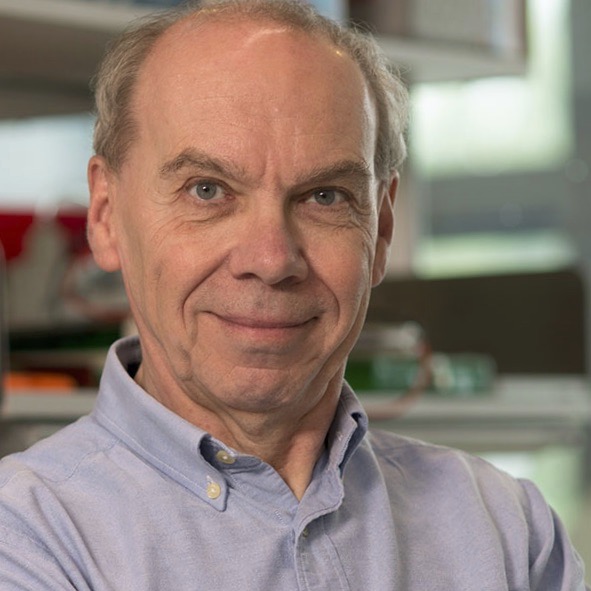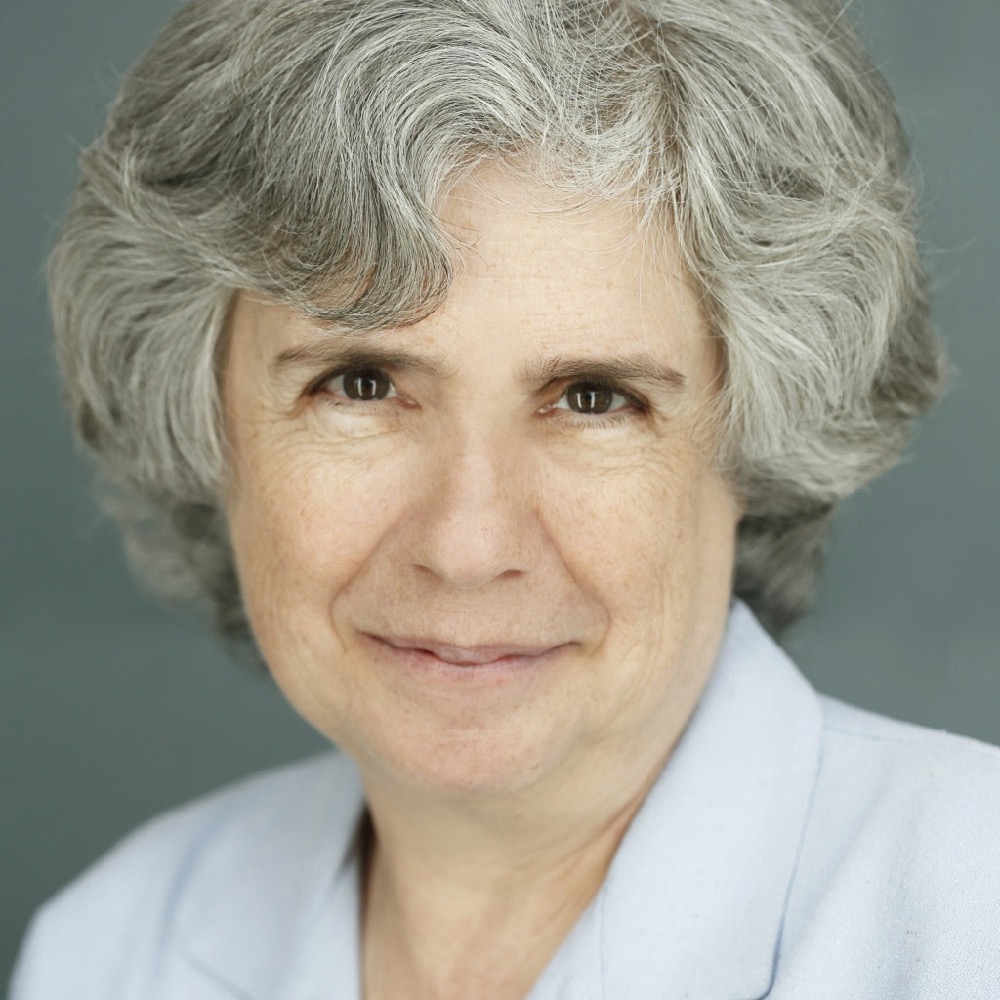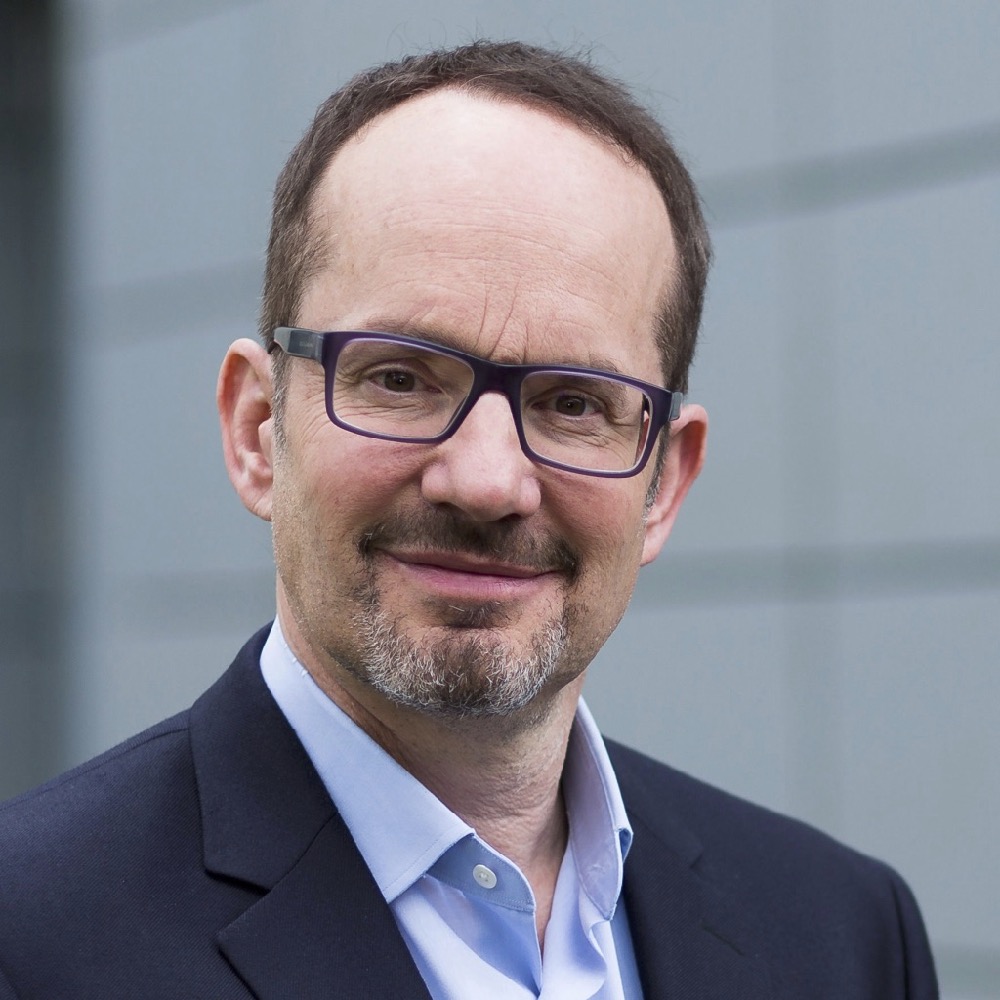



Four new VVPs appointed
We are delighted to announce the appointment of the following four Vallee Visiting Professors:
Wolfgang Baumeister, PhD, is Director & Scientific Member, Max Planck Institute of Biochemistry, Martinsried and Honorary Professor, Technical University of Munich. He has made seminal contributions to our understanding of the structure and function of the cellular machinery of protein degradation, in particular the proteasome. Moreover, he pioneered the development of cryo-electron tomography, a method allowing the study of macromolecular structures in situ, ie in unperturbed cellular environments.
Michel Goedert, MD, PhD, is Program Leader of the Division of Neurobiology, Medical Research Council Lab of Molecular Biology, Cambridge, UK. He works on the filamentous amyloid assemblies within brain cells that define common neurodegenerative diseases, including Alzheimer’s and Parkinson’s. His work helped to identify tau protein and alpha-synuclein as the major components of the pathological filaments and to show that their formation causes cell death and neurodegeneration.
Susan Gottesman, PhD, is Co-Chief, Laboratory of Molecular Biology; NIH Distinguished Investigator; and Head, Biochemical Genetics Section, at the National Cancer Institute. Her research has focused on mechanisms and roles of post-transcriptional regulation in bacteria.
Anthony A Hyman, PhD, is Director and Group Leader, Max Planck Institute of Molecular Cell Biology & Genetics (MPI-CBG), Dresden. He was a pioneer in the use of genome-wide RNA interference to study phenotype. The Hyman lab has a long history studying cell polarity, spindle assembly and positioning, and microtubule dynamics using primarily C.elegans as a model system. More recently, they have shown that many compartments in cells are liquids that form by phase separation.
Since 1998, the Vallee Foundation’s VVP Program has given sixty-six senior researchers the opportunity to spend a one-month sabbatical in another lab of their choice. It has proved to be an incredibly productive and rewarding program. As Wade Harper (Harvard medical School), one of the earliest VVPs said in 2000: “How very rare it is for scientists to be able to spend several weeks fully away from their ongoing activities to simply learn something new and interact extensively with colleagues of orthogonal interests. The VVP provides just such an opportunity. I learned the basics of molecular modeling, something that I would not have been able to do without the time and freedom afforded by the VVP.”